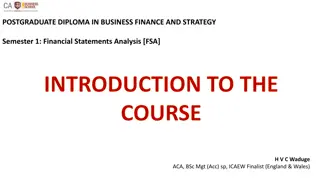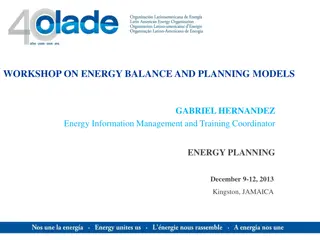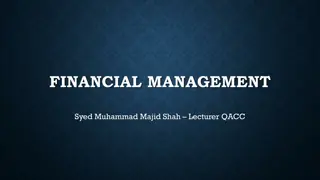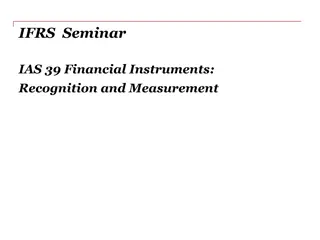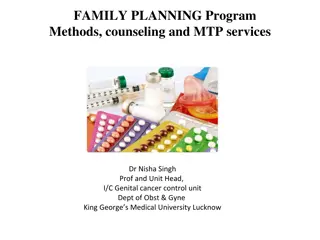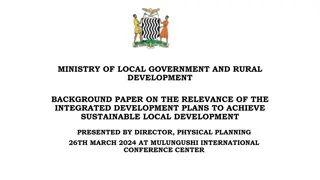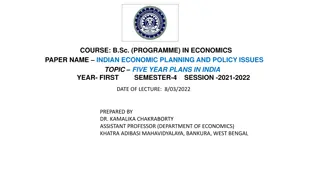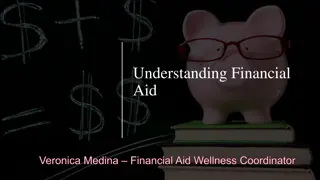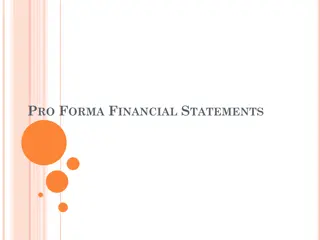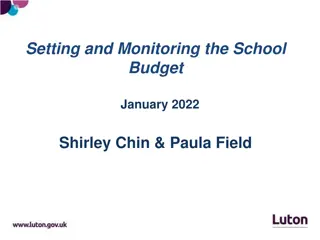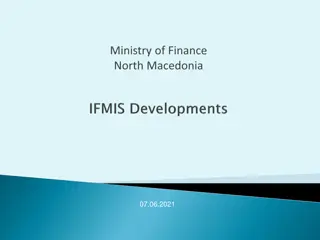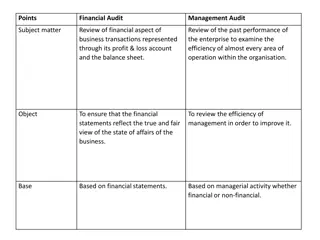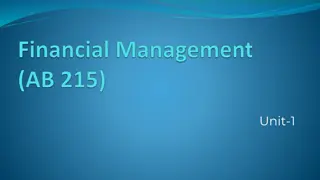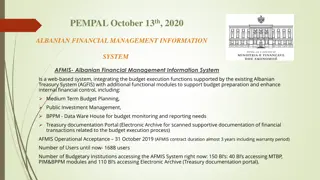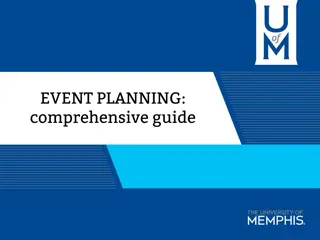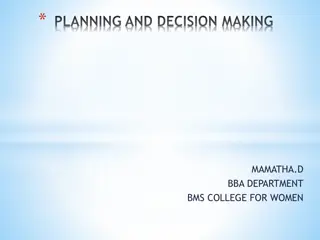Understanding Financial Planning: A Comprehensive Guide
Financial planning goes beyond budgeting and investing; it is a strategic process to achieve financial goals, secure financial stability, and live comfortably. This guide covers the components of a financial plan, benefits of having one, steps to make a plan, and the importance of reviewing and revising your plan over time.
Download Presentation

Please find below an Image/Link to download the presentation.
The content on the website is provided AS IS for your information and personal use only. It may not be sold, licensed, or shared on other websites without obtaining consent from the author. Download presentation by click this link. If you encounter any issues during the download, it is possible that the publisher has removed the file from their server.
E N D
Presentation Transcript
Financial Planning More than budgeting More than investing Financial planning is a thinking process that helps achieve goals. A blueprint or plan for managing all components of a person s money. Arranging to spend, save, and invest money to live comfortably, have financial security, and achieve goals.
Components of a Financial Plan Goals Net Worth Statement Budget Insurance Plan Savings Plan Investment Plan
Benefits of Having a Financial Plan You have more money and financial security. You have money set aside to achieve your goals. You have less of a chance of going into debt you cannot handle.
How do I make a Financial Plan? 1. Determine your current financial situation. Make a list of items that relate to your finances: Savings/Investments Monthly Income (Job Earnings, Allowance, Gifts, Interest) Monthly Expenses Debts
How do I make a Financial Plan? 2. Develop your financial goals. Consider your attitude toward money. Ask yourself the following: How do I determine if it is more important to spend money now, or save it for the future? How do your personal values affect your financial decisions?
How do I make a Financial Plan? 3. Identify your options. Continue the same course of action. Expand the current situation. Change the current situation. Start something new.
How do I make a Financial Plan? 4. Evaluate your alternatives. Consider the risks and consequences of each decision you make. Be aware of all sources of financial information. Evaluate consequences of choices, both good and bad. Understand risks involved with choices.
How do I make a Financial Plan? 5. Create and use your financial plan of action. Just DO it!
How do I make a Financial Plan? 6. Review and revise your plan. As we get older, our circumstances, finances, needs, and wants will change, therefore, our financial plan must be flexible as well.



